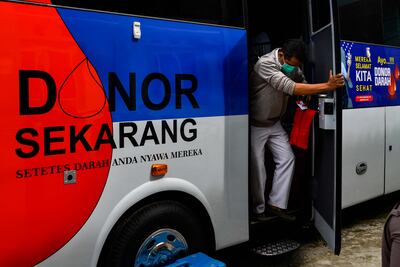The coronavirus pandemic has shed a remarkably strong spotlight on the practice of health care, posing questions on its impact, efficiency and future. Not only has the global healthcare industry undergone years of change in a matter of months, but the pandemic serves as an opportunity to identify what’s working and what isn’t.
According to a report by the American Hospital Association, healthcare leaders must prioritise three foundational elements of health as they grow and expand their systems, particularly now as we step into the next phase of managing the pandemic.
Implementing information-powered clinical decision-making, building a primary care-led medical workforce, and reinforcing patient engagement and community integration are all key elements that will contribute to a successful healthcare system.

The first two are essential building blocks that we, as the leaders of the UAE’s largest healthcare network, concentrate strongly on to ensure the delivery of world-class healthcare treatments for the benefit of the population’s overall health and well-being. But the third one is what I would like to focus on as the world observes World Blood Donor Day.
The aspect of patient engagement and community integration is two-fold. First, the extent to which healthcare providers communicate with the people in their environment, sharing tips and advice on preventative health, and raising awareness on the most prominent health conditions and their associated signs and symptoms so members of the community can better manage their health journeys.
Second, and more importantly, is the onus on the patient and the community to become part of the global healthcare journey.
Patients have a significant role to play – not only by taking good care of their own individual health and well-being and that of their families, friends and loved ones, but also by lending a helping hand.


